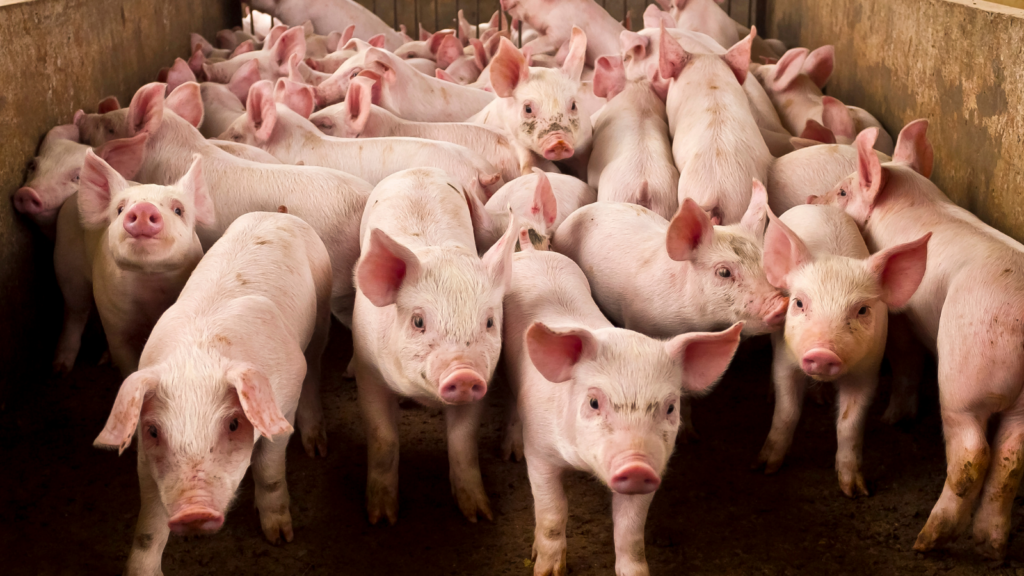Pig producers and their vets are being encouraged to take advantage of free diagnostics if they are concerned about post-weaning diarrhoea (PWD) on farm.
Elanco is funding veterinary testing for the F4 and F18 strains of E.coli which have shown to be present on 78% of farms and are a common causes of PWD, according to strategic account manager, Gillian Bryson
Ms Bryson stresses the importance of understanding the root of the problem, particularly given that producers can no longer rely on zinc oxide, which she said has ‘masked a multitude of potential issues’ and kept PWD at bay.
Producers can access fully funded diagnostic tests, such as rainbow kits and polymerase chain reaction (PCR) tests, free of charge through their vet.
You can find out more HERE
“Rainbow test kits give an instant result and will confirm whether the herd is suffering from E. coli,” she explained.
“PCR tests don’t provide immediate results, but offer more detail, including identifying whether F4 and F18 strains are present on farm, even if E. coli is not directly affecting the herd.
“This is important because once these strains of E.coli are present, it is near on impossible to get rid of them, so preventative measures must be implemented to protect herds.”
Ms Bryson recommends producers work closely with their vets to put together a robust health management programme including the use of a vaccine to ensure effective protection against the most common strains of E. coli.
“Coliprotec is the only vaccine on the market to offer herds effective protection against F4 and F18 strains of E.coli. Piglets can be vaccinated from 18 days of age with onset of full immunity after seven days, providing early protection against the disease,” she said
Piglets vaccinated with Coliprotec™ have shown increases in appetite resulting in slaughter weight gains of up to 2kg , while also reaching market weights seven days earlier .
“If you have any concerns about PWD or E. coli, get in contact with your local vet to discuss how diagnostics can support the overall health of your herd,” she concluded.




